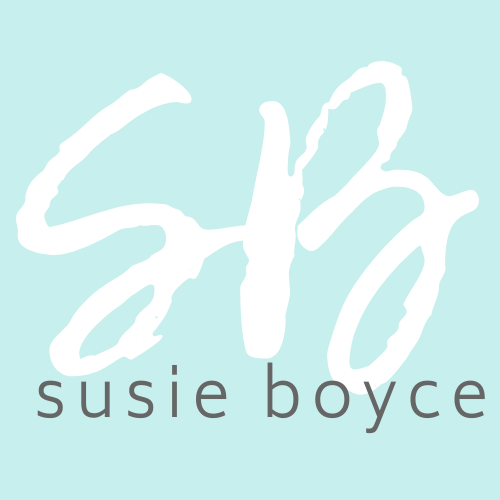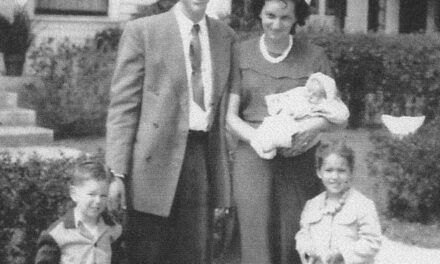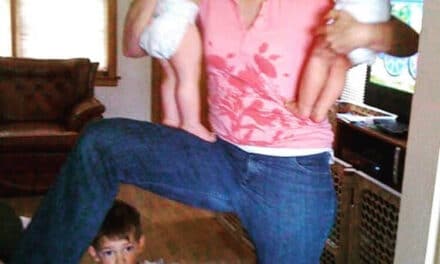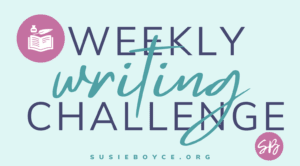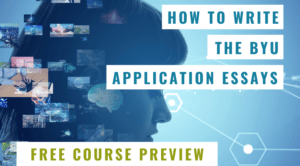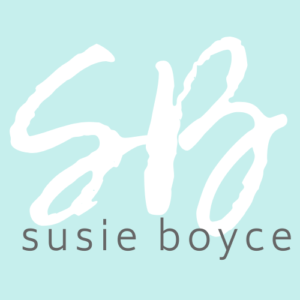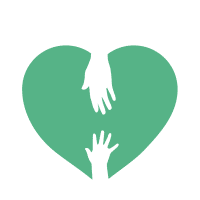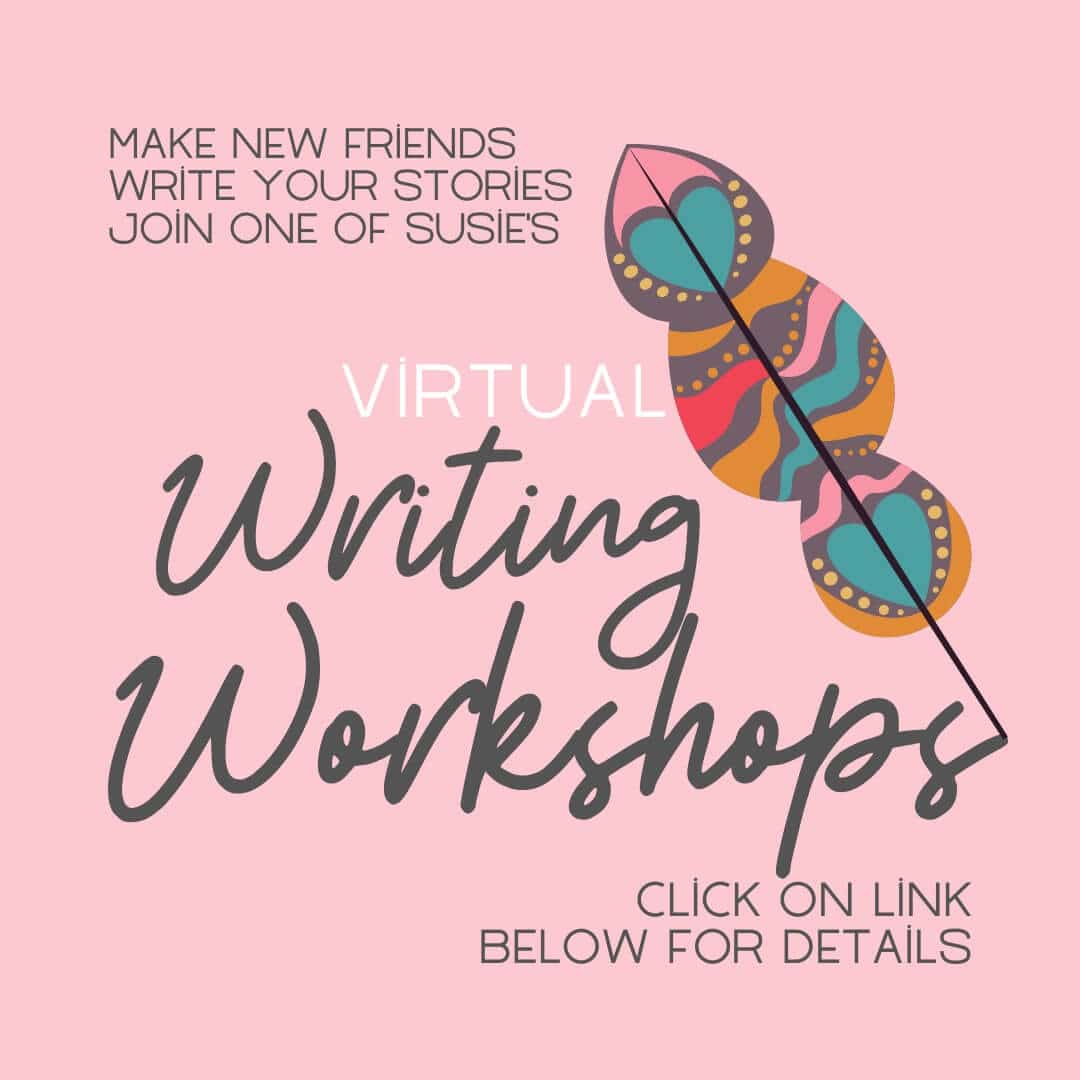Student Stories
Coronavirus Musings
by Lorelei O'Day
2020

Writing Workshop
May 2020

Coronavirus Musings
If audio will not play on mobile devices, please copy and paste url in desktop or tablet browser to listen.
Of course the self-conscious dialogue still peeped into my mind: was there a time limit to sharing? Did they collectively roll their eyes when I unknowingly hijacked the conversation? Do I lack self-awareness?
Excitement. Nervousness. Even honored – I felt it all. I logged onto the Zoom app before I reached the threshold of good wifi, wanting to leap forward like a late employee stalled at a red light. As soon as I started to see faces, I was met with a chorus of “hi!s” and “wow, where are you?s” as my college cohort turned their attention to the newest addition to the conference call.
We had all been in a cohort in college called the Elijah Project. We were bonded not only by the curriculum and internship aspects of the well-established program, but also by the two semesters we lived in the Dexter House, just off-campus together. The cohort was comprised of a diverse and complementary milieu of students, but “complementary” implied those who you could learn from, not just those you could get along with. The Carmers, whose brainchild this little band of students was, had suggested the term “intentional community”, seeking to create cohesion among strangers. The most memorable sales pitch I heard was that you would “find more questions than you would answers” in this year-long study.
Throughout college I had developed strong relationships. I was fortunate enough to have an incredible roommate. Rebecca, whom I had dubbed “Bucky” or “Buckingham Palace” only on occasions when she was feeling particularly generous. She and my other best friend, Kayla, were on my floor and became true friends quickly. So when onboarding to the Elijah Project began, I was anxious that those bonds might change, and new ones to take a larger focus.
The Elijah Project was never what I thought it would be relationally. Despite weekly two-hour “family fellowship” rife with music, games, and intimate talks, anxiety always kept me from fully flowering. With the few that became close confidantes I blossomed. I felt seen and heard. Yet whenever we were in a group 14 flush, my thoughts turned inward and I couldn’t unclench my grip from my inner dialogue. That dialogue was measuring how I was “performing” or appearing, or the general anxiety of having the attention of 13 other brains and bodies.
These foster siblings and I hadn’t been in the same room for 4 years. I hadn’t spoken to more than a handful of them a handful of times. In my mind’s eye previous to the project unfolding, my Sri Lankan sister would update me about her husband’s future presidency. I would share stories of Africa with my Rwandan brother. And the rock climber and I would geek out over the quirkiest and spookiest ascents we’d taken. Yet a peep had barely been spoken among us.
When I appeared on the screens of 10 of those former students, that old pattern of self-doubt broke. Obviously technology creates a barrier between humans that can’t fully be recovered, like the seamless flow of conversation stolen by the unlucky combination of slow wi-fi and FaceTime. I began to feel the light pour out of me as I shared the beautiful place that I live in in slightly glitching graphics from my waning internet connection. I was feeling perfectly unleashed, like I wasn’t held back by my anxiety or fear of blushing.
Of course the self-conscious dialogue still peeped into my mind: was there a time limit to
sharing? Did they collectively roll their eyes when I unknowingly hijacked the conversation? Do I
lack self-awareness? But it appeared that they were happy to see me and enjoying my always
chipper and optimistic relays.
So when the number of digital faces dissipated to 3, including my own, I felt less like I was in foreign territory. One of the faces was Nate, who had become one of my closest “EP” friends. He really felt like family, and in the call he had shared a surprising and vulnerable development, which generated feelings of candor and gratitude for his friendship.
The comment he made that started this whole line of thought was this: “You know, you seem so much more peaceful”. And in that moment, he gave me some clarity. I had spoken to the group about processing some of my past in therapy, and how wilderness therapy had made me aware for the first time that anxiety had always played a big role in my life. So when Nate shared this altered perception, I saw the progress. Maybe I didn’t show up the way I wanted in EP. Perhaps I never will be comfortable in large groups. And those relationships haven’t been maintained closely but I have grown. While I had hoped my relationships inside the Dexter House would be profoundly long-lasting, maybe there’s a bigger picture. It’s more likely they didn’t have to be long-lasting, for they have proved to be impactful. I do wish I had maintained a consistent connection with them, and that it didn’t take a pandemic to reunite us. But it did take a pandemic, and I think that’s quite alright.
Susie's Writing Workshops:
